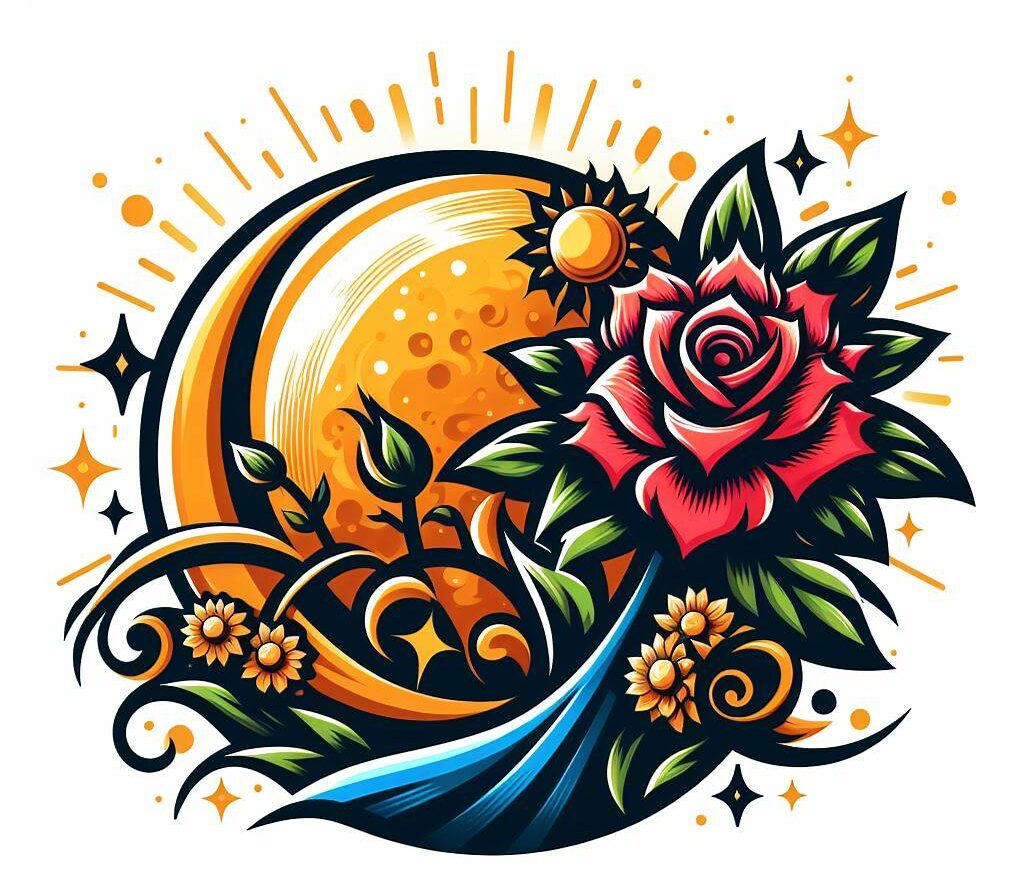Birth flower chart by Month with characteristics
Ever wondered what flower represents your birth month? A birth flower chart is a charming way to uncover the unique blooms that symbolize each month of the year, each carrying its own special meaning and history.
January

Important characteristics
February
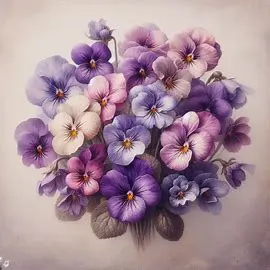
Important characteristics
March
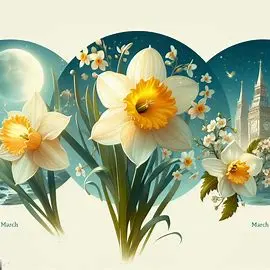
Important characteristics
April
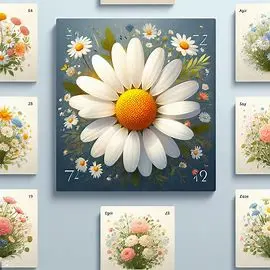
Important characteristics
May
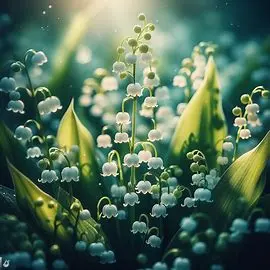
Important characteristics
June
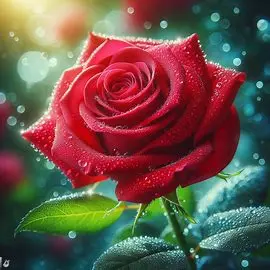
Important characteristics
July
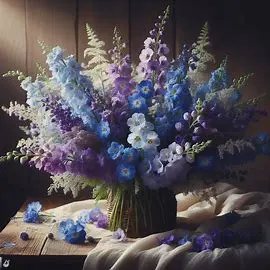
Important characteristics
August

Important characteristics
September
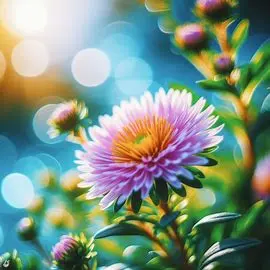
Important characteristics
October

Important characteristics
November
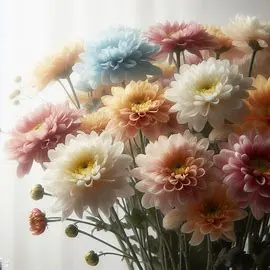
Important characteristics
December
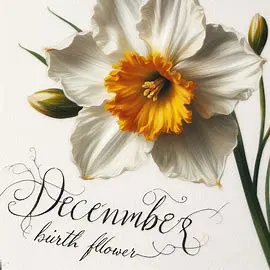
Important characteristics
Feel free to use the above chart for reference or to share information about birth flowers!
A deep dive into the Birth flower chart

January
Flower of the month
Carnations

- Zodiac Sign:
Capricorns (Dec 22 – Jan 19) and Aquarians (Jan 20 – Feb 18) are January babies - Birthstone :
January’s birthstone is the garnet - Allergy Information :
While generally low on the allergen scale, carnations can cause reactions in sensitive individuals, such as sneezing, runny nose, itchy eyes, and skin rashes. - Flower Botanical Name:
Dianthus caryophyllus
Snow drop

- Zodiac Sign:
Capricorns (Dec 22 – Jan 19) and Aquarians (Jan 20 – Feb 18) are January babies - Birthstone :
January’s birthstone is the garnet - Allergy Information :
Snowdrops are generally considered low-allergen flowers, but individuals with pollen allergies may experience mild reactions like sneezing or itchy eyes. - Flower Botanical Name:
Galanthus
February
Voilet
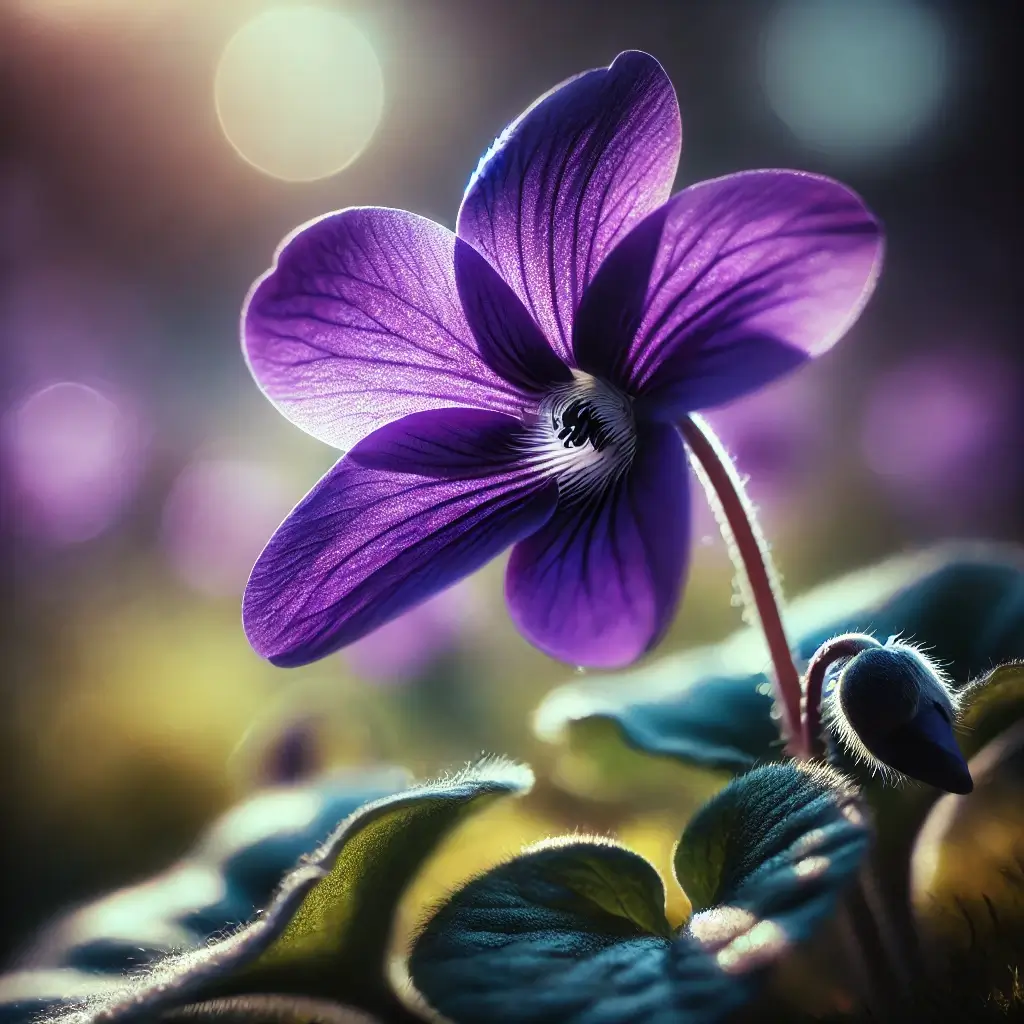
- Zodiac Sign:
People born in February fall under the zodiac signs of Aquarius and Pisces. - Birthstone :
February’s birthstone is the amethyst. - Allergy Information :
Violets can trigger allergic reactions in some people, causing symptoms like sneezing, itchy eyes, and skin irritation. - Flower Botanical Name:
Viola
Primrose

- Zodiac Sign:
People born in February fall under the zodiac signs of Aquarius and Pisces. - Birthstone :
February’s birthstone is the amethyst. - Allergy Information :
Certain primrose varieties, like Primula obconica, can cause allergic contact dermatitis, resulting in skin rashes and irritation. Pollen allergies from primrose are less common but can cause typical symptoms like sneezing and itchy eyes. - Flower Botanical Name:
Primula
